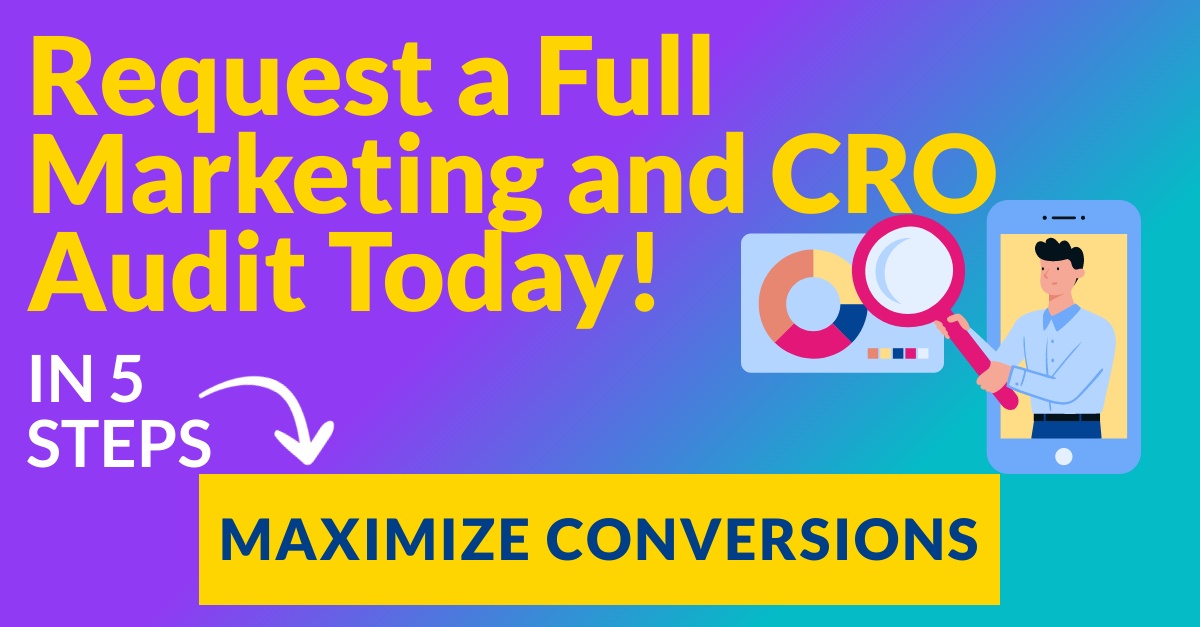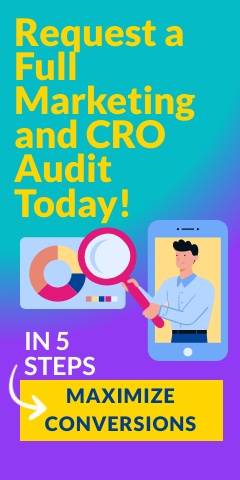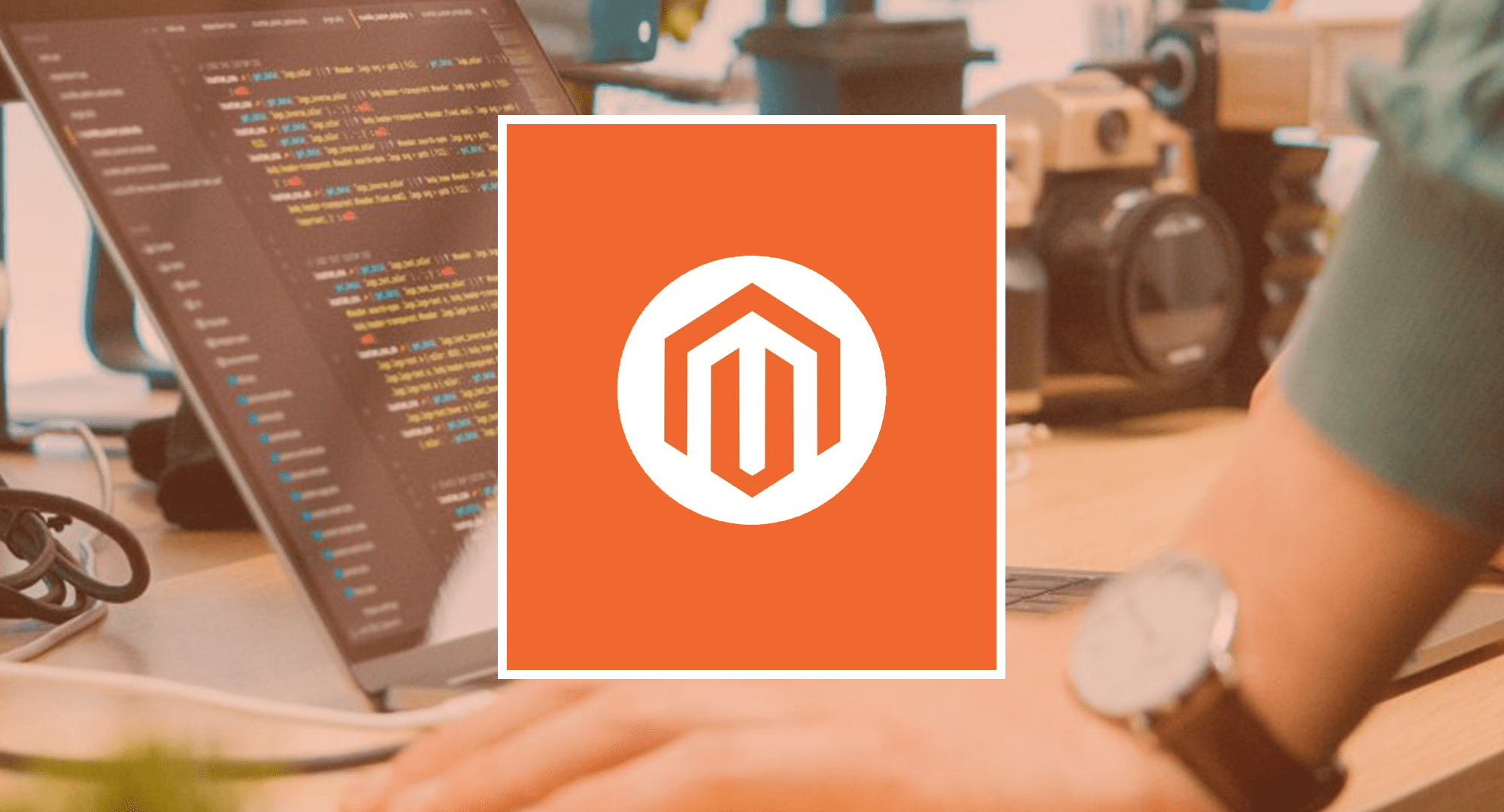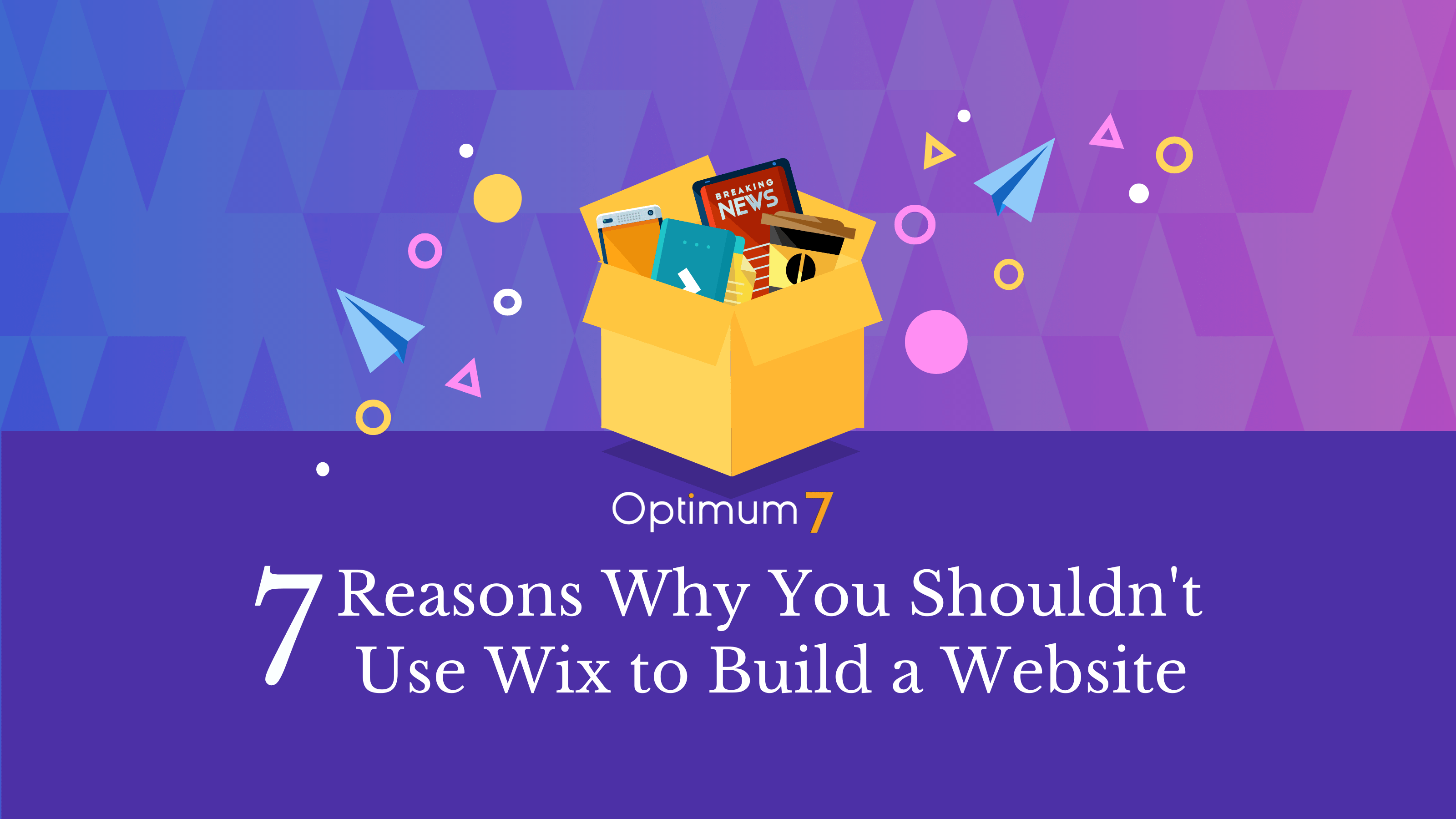Hello everybody. Welcome to Surge. This week we will talk about selecting the right partner or expert for Shopify or Magento.
There are a bunch of other platforms out there like BigCommerce, Volusion. Today we will focus on Shopify and Magento.
Magento 1 Is Closing Shop
Magento 1 has an end of life approaching June of this year. And there are still thousands and thousands of people on Magento that do millions of dollars.
Why haven’t these people migrated out of Magento 1 already?
The majority of users on Magento are somewhat at the enterprise level. They’ve got so much functionality built into that backend. It’s almost like a Frankenstein’s monster. They’re afraid that if they were to move, it’d all fall apart.
Because of the size and the number of things that they have integrated on their current platform, they just don’t even know where to get started to move to another. With that said, don’t panic. Come June 2020, it’s not like your website is going to break and it’s not going to work anymore.
Why are we pushing people to get out of Magento 1, either upgrade to Magento 2 if possible or migrate to another platform like BigCommerce or Shopify?
Magento is no longer going to support it. They’re going to cut off pretty much all support, all updates, anything that they used to do to support that. The original version is done, and you’re going to leave a company extremely vulnerable.
Let’s say you have a security patch. If you have a security update, then in July of 2020, you’re not going to get that security update, so you’ll be vulnerable in terms of getting your credit cards hacked or site hacked. If you have a bunch of add-ons or Magento extensions, those will stop support as well.
The developers who created those extensions are not going to go back and continuously update those. They’re going to focus on the Magento 2, so that’s a huge reason why.
Some companies that are popping up that promise that level of support after Magento stops supporting. What do you say about those companies?
How can they promise that? They’re not Magento. These companies don’t know the platform. Even when they do, if I have many plugins from dozens of developers, how can they support that?
It’s impossible. And in my opinion, Magento couldn’t even do that good a job at it. Magento doesn’t even want to do it.
Future support is going to be tricky, especially from other companies. I want to see that promise and I want to see that agreement.
We are suggesting is that you get out now. When you’re looking for a partner or an expert, you want to look at a company.
Magento and Shopify Design and Development Case Studies
You know, I see a lot of testimonials. If I’m talking to you and you have a $9 million annual revenue Magento site, however, and I’m giving you a reference that does half a million dollars, it’s not the same level.
I got to give you somebody as an example that isn’t at the same level that you are. Like at Optimum7, we do web services, web APIs, eCommerce, and integration for companies like Intel, Electrolux, Pearson, Dr. Pepper. If you’re doing $10 million, I’m not going to give you Intel or Pearson as an example.
I might say it just to show off, to show you that I’m a legitimate business, but I’m going to find somebody that I’m working with, possibly around the same industry. Then I’m going to say, look, here’s a client of ours that you should see.
You get to look at the client’s history. If I’m pitching content marketing, look at their organic visibility. If I’m pitching conversion optimization, I’m happy to share my screen and show you what we were able to do.
If I’m pitching functionality, you better go to their website and look at a similar functionality that we’ve done. It’s not really hard selecting an agency or a partner.
Work with somebody that you have access to in the States because when you go international, a lot of issues start happening. These include time differences and language barriers.
Add the business aspect of it on top of that, the most important part. Whoever you’re working with needs to understand the business side of eCommerce, not just the technical side of eCommerce.
This is where we see the biggest problem or the biggest set of issues. Suppose a programmer or a developer is doing a functionality or a future, or if they are migrating something. If they don’t understand the business applications of that migration, and if that doesn’t go through a business analyst or a QA engineer, unfortunately, excuse the language, but it goes to shit. It’s got to be done the right way.
User-Friendly Alternatives For Online Stores
Let’s talk about Shopify. We love Shopify. There’s less work for us because there are a lot of apps, but we’ve been seeing all these issues.
Can you talk about that a little bit?
The Shopify app store is almost like a blessing, but could also be a curse. We’ve seen it in multiple instances where someone will go and implement an app that they found for, let’s say an advanced search and filter. And if they don’t go through the instructions and actually configure it correctly, it can actually hurt your site.
We saw was it wasn’t configured correctly and it destroyed their SEO. They were pulling up the same URL and just having everything, so all of their categories essentially disappeared. And so there are tons of apps out there. You just need to be extremely careful about how it would affect the other aspects of your site and your business.
That’s the most important part. You see an app for $250 a month that does the job. You install the app and then you mess up your SEO, or you create a bunch of technical issues with your SEO in the background.
We’ve seen different apps really clash with each other multiple times because the Shopify app store is like a candy store. Even when I go to it, I love it. We run our own sites on Shopify.
Number one, look at a Shopify expert to really improve your apps’ internal structure and how they communicate with each other. Number two, from a conversion optimization standpoint, we see a lot of improvements on Shopify, especially on product pages and on cart pages.
Can you talk about the benefits that the Shopify cart, product pages, and even checkouts have?
On the product pages, you have the quick add-to-cart and calls to actions above the fold. This means you’re really seeing increasing conversion rates with the Shopify platform. Other eCommerce platforms have similar features, but with Shopify, you’re going to get these benefits out of the box and not necessarily need somebody to develop this for you.
If you don’t have the right product page setup while doing B2C and B2B, you’re not tracking your phone calls. Or if you look at your cart to check out ratio and you see that a lot of people on your cart are going to a PayPal button.
Growing Your Business With Conversion Optimization
Consider this example. We took off the PayPal button on the cart and the conversion shot up 11%, just because people who clicked on the PayPal button and went to PayPal, you know you have the same option on the checkout. You could select PayPal in the checkout.
Why Would I Show A Paypal Button On The Cart If I Have That In The Checkout?
Because the cart is not where people make the payment. People pay at checkout. The same applies to shipping estimates, coupon codes, and promo. Coupon codes kill conversions and we’ve been saying this for years and nobody listens.
On a cart page, don’t display coupons. Display them on the checkout pages. You can perform many other improvements, but from a Shopify standpoint, when you’re looking for an expert, or when you’re looking for a Shopify partner, look at the examples of what they’ve done and also make sure they understand the business side of eCommerce. That has to do with fulfillment, logistics, conversion optimization, and integrated marketing strategy.
It’s not about just SEO or paid search or Facebook. These elements are all integrated now. You can’t separate one from the other. If you’re in Shopify, BigCommerce, or even Magento and you don’t have shoppable Instagram as Zara or H&M does, you better get to it.
There are some requirements in terms of how many Instagram followers you have, but there’s a reason that big brands like Nike and a bunch of others are leaving Amazon.
They’re looking at it and they’re like, “Why are we going to pay 15% to 30% to Amazon?” I can get this and keep this money because I already have a brand and visibility. I don’t need a marketplace like Amazon. We see this as the norm.
Is there anything we didn’t cover?
No. I think that’s about it. We’ll talk to you guys next week.
Unlock the True Potential of Your Shopify or Magento Store





